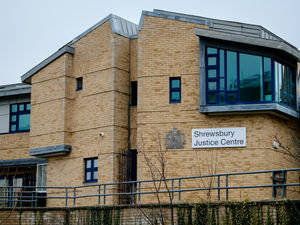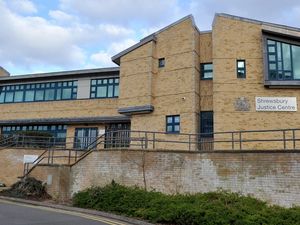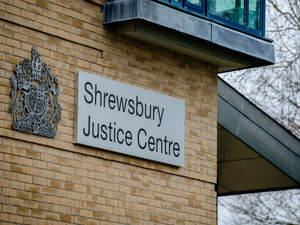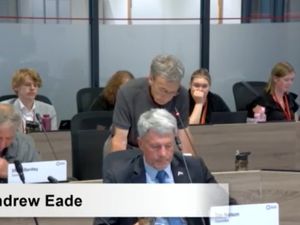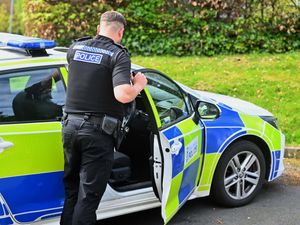Police boss warns against 'paedophile hunter' vigilantes
West Mercia police today reacted cautiously to suggestions officers could work more closely with self-styled ‘paedophile hunters’ in the future.
The suggestion came from Simon Bailey, child protection spokesman for the National Police Chiefs’ Council, who said while he did not condone the work of vigilantes it was something police may have to accept.
But West Mercia Superintendent Charles Hill said the activities of ‘hunters’ who often pose as children online to catch suspected paedophiles could jeopardise police operations.
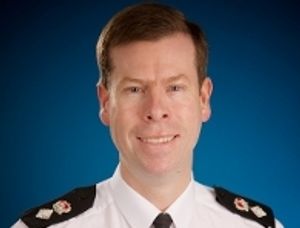
He said West Mercia force had already put extra resources into investigating abuse and protecting children.
“Protecting children is a complex issue and should be left to the police and other law enforcement agencies,” said Mr Hill.
He said he could understand why people wanted to help, but he said such actions could put vulnerable people, including children, at risk.
“Those they target could destroy evidence before police have a chance to take action and they could very easily jeopardise ongoing police investigations into individual offenders or paedophile networks that they are unaware of,” he said.
“They could put children at risk of harm, for example by an abuser who feels targeted or threatened, or the police or other agencies not being able to put measures in place to protect abused children as they would do in their own investigations.”
There have been a number of instances of paedophile-hunters operating in the Shropshire area in recent years.
One of the best known, Stinson Hunter, has secured the conviction of two men in the county for attempting to have sexual activity with underage girls.
In 2015, a 51-year-old Wellington man was convicted of attempting to groom what he thought was a 13-year-old girl after being snared by Mr Hunter in a sting operation.
The same year, Telford man Richard Teszke formed the Child Protection Group Online, and one of its first investigations led to the prosecution of a man in Winsford, Cheshire.
Figures show that paedophile hunters’ evidence was used in 11 per cent of court cases which involved meeting children after sexual grooming in 2014.
However, by 2016 this had risen four-fold to 44 per cent.
Mr Bailey, who is chief constable of Norfolk Constabulary, said vigilante groups were putting the lives of children at risk.
“They might not perceive it that way, but they are potentially compromising our operations,” he said.
“I’m not going to condone these groups and I would encourage them all to stop, but I recognise that I am not winning that conversation.”
When asked whether police could work with vigilantes, he said: “I think that’s something we’re going to have to potentially have to look at, yes, but it comes with some real complexity.”
Mr Bailey said there would need to be a new approach to the internet.
He said police would need to ask software providers and other technical companies to police their environments to stop the offences happening in the first place.
Mr Hunter, who lives in Preston, disputed the vigilante tag.
He said he only responded when suspected paedophiles contacted him through his online profiles.
He said: “I am just a guy that saw a problem and instead of being that guy that sits on their backside I got up and pushed to get something done.
“Vigilante? Anyone who knows what that means knows it is someone who takes the law into their own hands. I have never done that.” He said he had had some close shaves during planned sting operations in the past including being run over and hit with a crowbar.”
“Our work is trying to force change in the government. There is a problem with online predators and something needs to be done,” he said.
Mr Hill said anyone who was either suffering from abuse, or was concerned that somebody they knew may be, should contact police, or their local authority. Alternatively, they can speak in confidence to ChildLine on 0800 1111, the NSPCC on 0808 800 5000, or Victim Support on 0845 303 0900.

